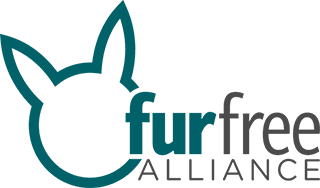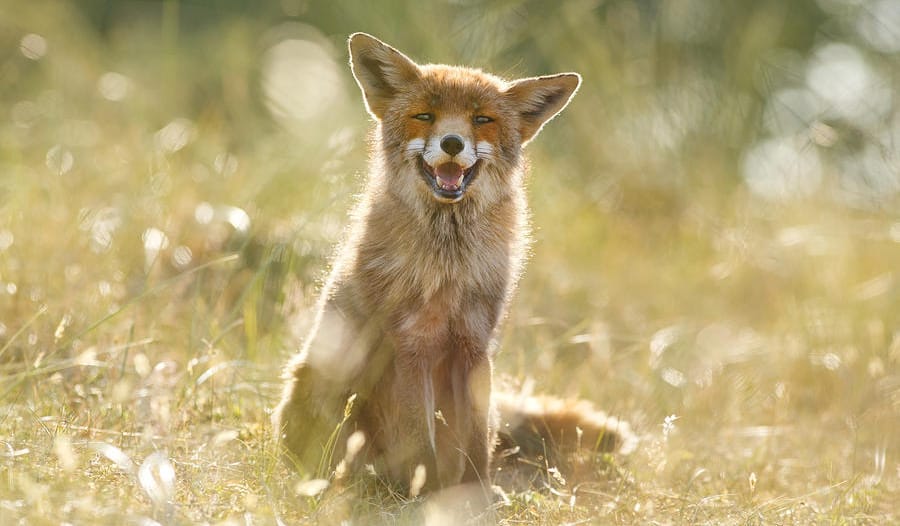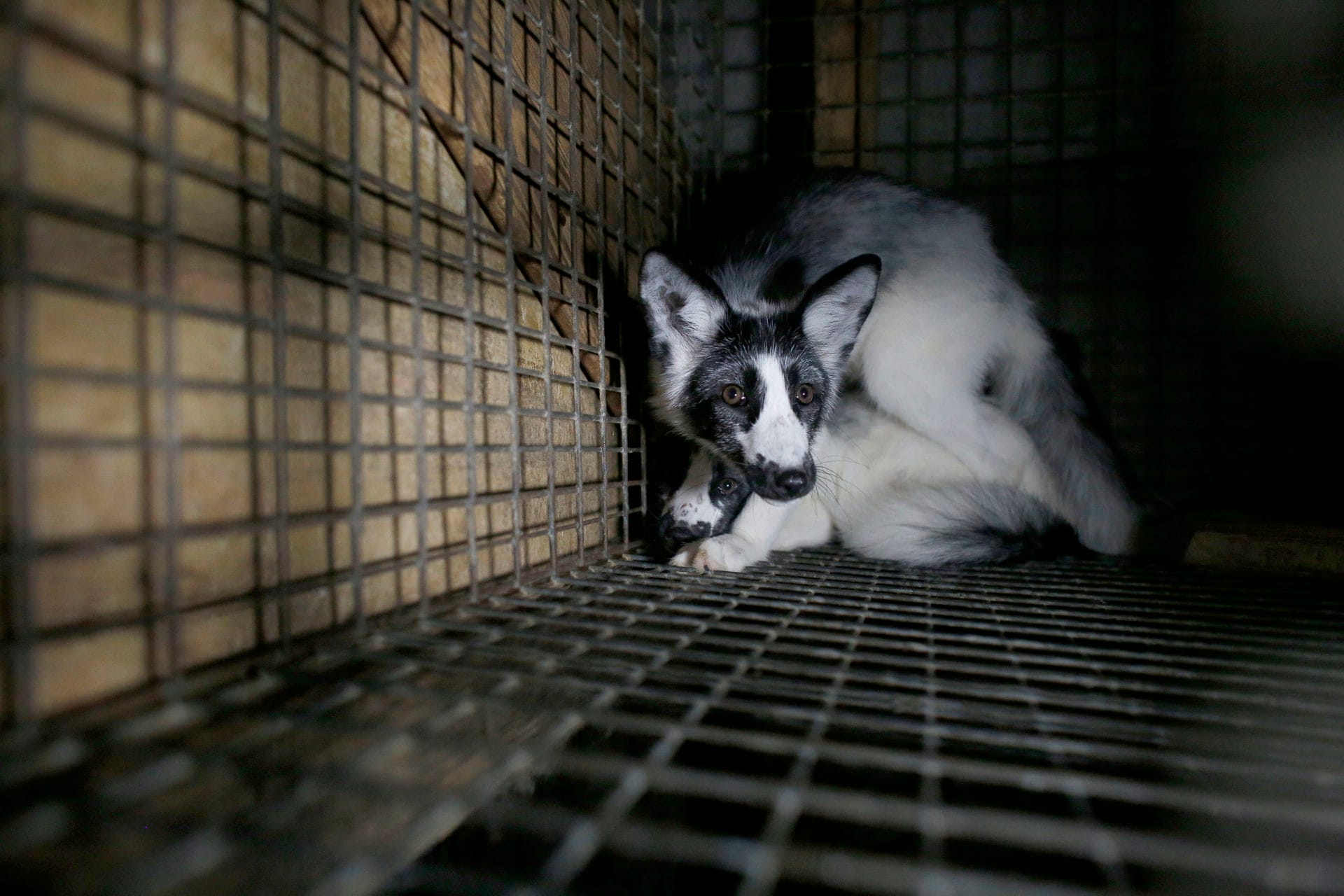
Fur farms’ disproportionate costs highlight need for full ban
Brussels, 15 October 2025 — The report, A full-cost account of the EU fur industry, sheds light on the fragile economic state of the fur industry, with EU fur farms declining by 73% over one decade, and production expected to decline by a further 15 — 20% by 2028. As the prices of pelts plummeted, the industry is no longer financially viable and is a major recipient of public funds in compensation for lost sales. Generating -€9.2million in gross value added (GVA), the industry reduces, rather than contributes, to the EU economy.
The fur industry makes up less than 0.003% of EU jobs, a figure comparable to obsolete sectors like video rentals, and equally outdated.
Fur production also comes at a significant environmental cost, estimated at €226 million annually in harms from pollution, resource use, local disamenity, and invasive alien species. The industry’s heavy emissions have been linked to chronic respiratory diseases and premature deaths across Europe.
Fur farms additionally present a huge toll on public health, posing as high-risk reservoirs for zoonotic diseases, a case made highly evident during the COVID-19 pandemic. The report estimates that measures to prevent the transmission of zoonotic pathogens would cost €211 million annually.
All this comes at an ultimate cost of the lives of millions of fur-bearing animals, who are confined to cages enduring extreme psychological distress, hindered from displaying natural behaviour and suffering physical injuries, all for a non-necessary product that citizens and major brands are turning away from. Just last year, 6.3 million animals were killed for their fur in the EU.
This report, launched at the European Parliament (EP) today, comes weeks after EFSA, in its scientific opinion to the European Commission (EC), made it clear that animal suffering is unavoidable on fur farms and the needs of animals cannot be met, irrespective of further enrichment. This opinion was commissioned in response to the Fur Free Europe ECI, supported by 1.5 million EU citizens. The EC is expected to provide a final response by March 2026.
MEP Kristian Vigenin (S&D), who hosted the event at the EP, commented:
“The fur sector’s apparent profits mask staggering hidden costs, on public health, biodiversity, animal welfare, and the climate. This new study gives us even stronger grounds to demand legislation that ensures no trade is allowed to benefit from cruelty and ecological damage within the single market,”
Griffin Carpenter, author of the report, commented:
“Typically in these exercises we test to see if an industry adds more economic value to society than it subtracts in environmental or social costs. The fur industry is the first time I’ve seen an industry that is starting from a position of negative economic value. Incorporating environmental and public health costs makes this negative societal contribution even worse. EU fur farming has been unprofitable for several years and the sector is no longer financially viable without other sources of funds. The industry is also a major recipient of public funds which, on balance, greatly exceed tax revenues,”



